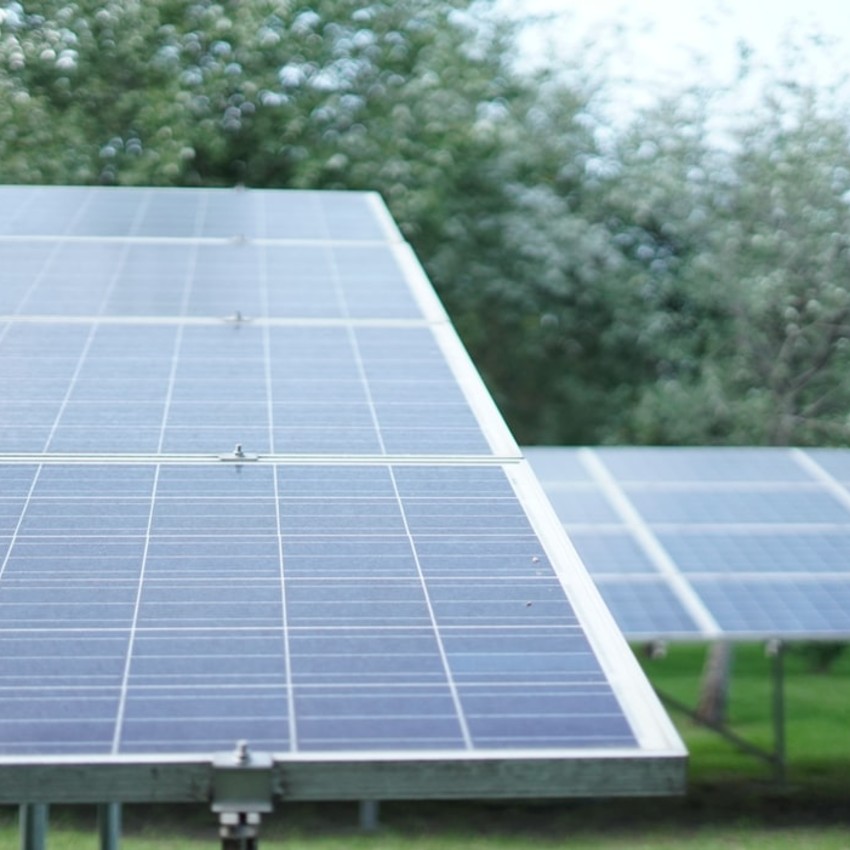Published:
The International Energy Agency (IEA) has published its World Energy Outlook for the year 2020. With the especially unique environment of the COVID-19 pandemic, this year’s outlook focuses on models that predict the pandemic’s potential implications over the next ten years. This, along with the prospects for accelerated energy transitions, make up the two major themes of the report.
Looking at the statistical data behind the world energy usage, the total global energy demand will drop by five percent in 2020, and drilling down into specific categories reveals that carbon dioxide emissions will fall by 7 percent, that energy investments will fall by 18 percent, that oil demand will decrease by eight percent, and that coal use will drop by seven percent. Furthermore, natural gas demand is expected to experience a reduction of three percent, and global electricity demand is set to dip by two percent. These numbers show that although sustainability efforts are improving, continuous work and focus needs to be maintained in the energy industry in order to make meaningful changes to global energy habits.
One such effort is the Net Zero Emissions by 2050 modeling prepared by the IEA, which is a case that examines what would need to be implemented in order to achieve a net-zero emission of carbon dioxide in 30 years. The model shows that in order to achieve this figure, global carbon dioxide emissions would need to be decreased by 45 percent by 2030—an extremely ambitious goal that would require wide-scale reform and policy change. The United States, China, and India would be key players in meeting this goal as each would need to decrease their usage significantly. They are also not part of the 28 countries that already have announced plans to meet Net Zero Emissions, including Canada, South Africa, Germany, and the United Kingdom.
Ultimately, the coronavirus pandemic will have a negative impact on sustainability efforts, but it is projected to be meager at about a five percent shrinkage of the global economy. However, the longer the recovery period, the larger the setback to reducing energy usage and emissions. The aviation, power, and shipping industries will be key areas to realizing sustainability goals, and countries must be able to implement policy changes in the near future to spark action.
File under






